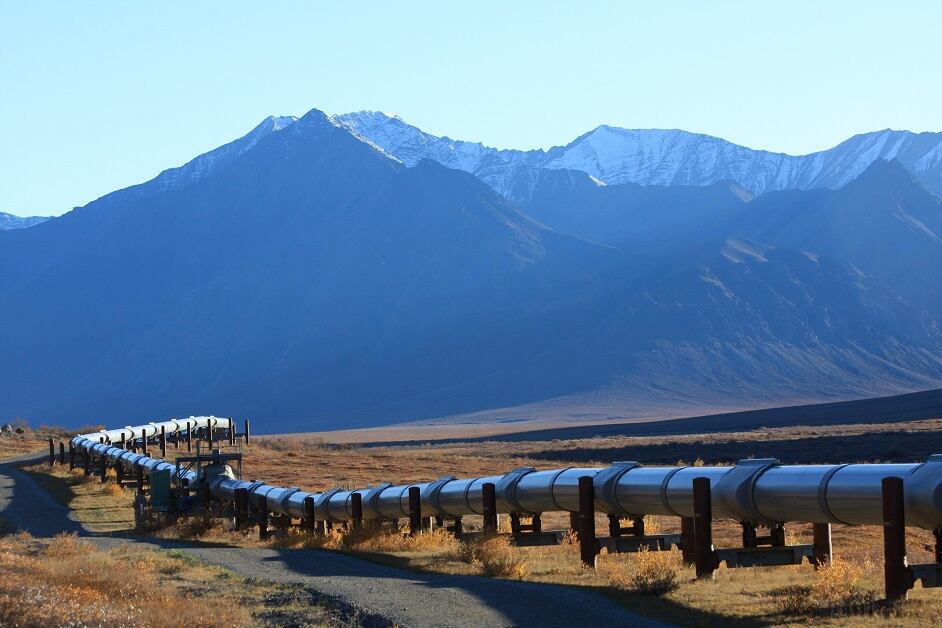ANCHORAGE, Alaska — Alyeska Pipeline Service Company’s chief information officer said his team fights off about 22 million cyberattacks per day.
Bill Rosetti said that at the Anchorage headquarters for the trans-Alaska pipeline, his team is kept busy by mass, automated attacks — often from servers overseas, Alaska’s Energy Desk reported Wednesday.
“It can be 6 or 7 million some days and 45 million the next,” Rosetti said. “I wish I could tell you why it changes that way, but I really don’t know.”
Rosetti said that Alyeska has never been breached, but the challenge is growing. The rate of cyberattacks has roughly doubled in the last five years, he said.
“The idea here is that we are looking for things to be normal,” Rosetti said. “And anything that’s not normal is something that needs to be investigated.”
Rosetti said a successful cyberattack could interrupt the flow of oil down the pipeline.
Last year, the Department of Homeland Security and the FBI issued a warning that sophisticated cyberattackers have targeted the U.S. energy sector.
Jim Guinn leads the company Accenture’s cybersecurity business for the energy, utilities, chemicals and metals and mining industries. Guinn said that as far as he’s concerned, the potential consequences of a major cyberattack should be the No. 1 thing keeping energy executives up at night — if it isn’t already.
“It could be anywhere from a spill, to loss of the command of the plant itself, to explosion, to loss of life,” he said. “It would be no different than losing a platform in the Gulf of Mexico or in the North Sea.”
Guinn couldn’t speak specifically to the cyber threat facing the trans-Alaska pipeline. But he said the risk isn’t going away.
“The reality is, as long as these assets are attached to networks and they are managed the way that they are today, there is a real threat that they could be manipulated for malintent,” Guinn said. “It’s just the unfortunate world that we live in.”





